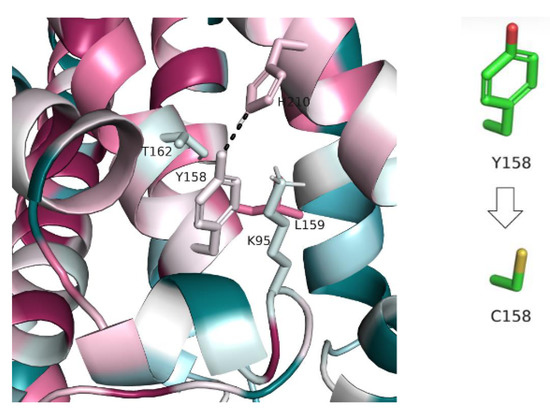The CLN8 disease type refers to one of the neuronal ceroid lipofuscinoses (NCLs) which are the most common group of neurodegenerative diseases in childhood. The clinical phenotypes of this disease are progressive neurological deterioration that could lead to seizures, dementia, ataxia, visual failure, and various forms of abnormal movement. In the current study, we describe two patients who presented with atypical phenotypic manifestation and protracted clinical course of CLN8 carrying a novel compound heterozygous variant at the CLN8 gene. Our patients developed a mild phenotype of CLN8 disease: as they presented mild epilepsy, cognitive decline, mild learning disability, attention-deficit/hyperactivity disorder (ADHD), they developed a markedly protracted course of motor decline. Bioinformatic analyses of the compound heterozygous CLN8 gene variants were carried out. Most of the variants seem likely to act by compromising the structural integrity of regions within the protein. This in turn is expected to reduce the overall stability of the protein and render the protein less active to various degrees. The cases in our study confirmed and expanded the effect of compound heterozygous variants in CLN8 disease. View Full-Text

Keywords: neuronal ceroid lipofuscinoses (NCL); CLN8 disease; CLN8 gene; compound heterozygous variant; neurodegenerative disease; bioinformatic analyses
Sharkia, R., Zalan, A., Zahalka, H., Kessel, A., Asaly, A., Al-Shareef, W. and Mahajnah, M., 2022. CLN8 Gene Compound Heterozygous Variants: A New Case and Protein Bioinformatics Analyses. Genes, 13(8), p.1393.

